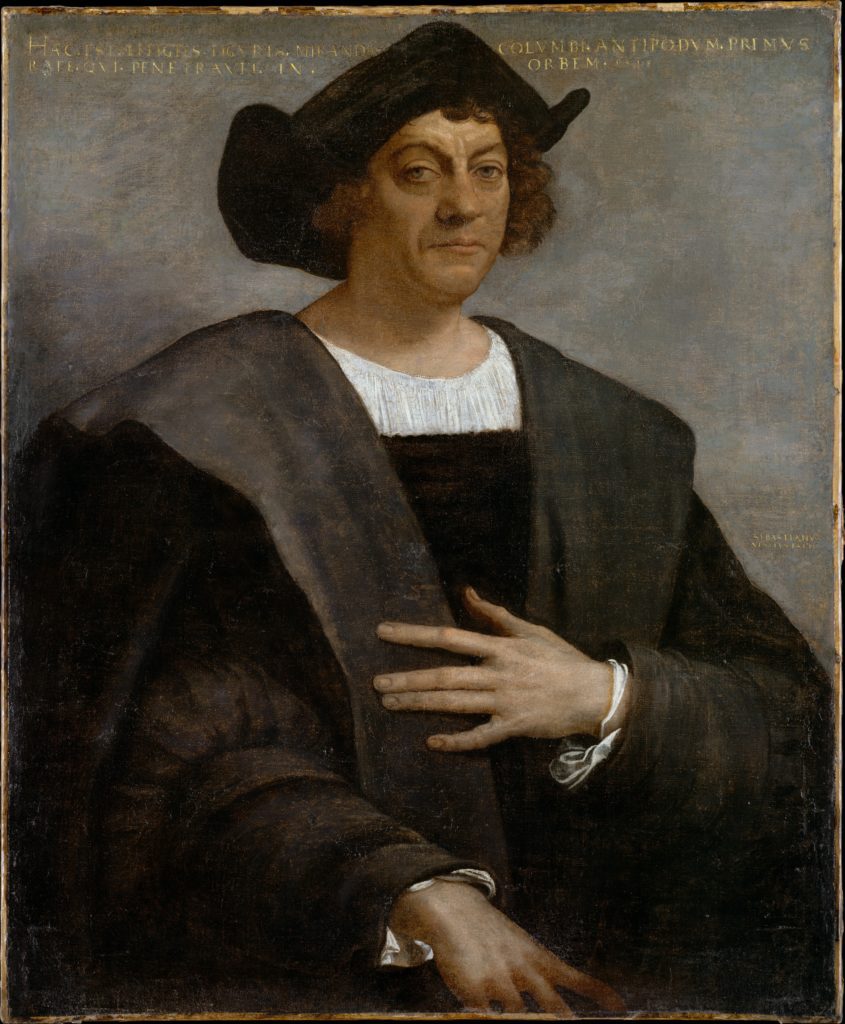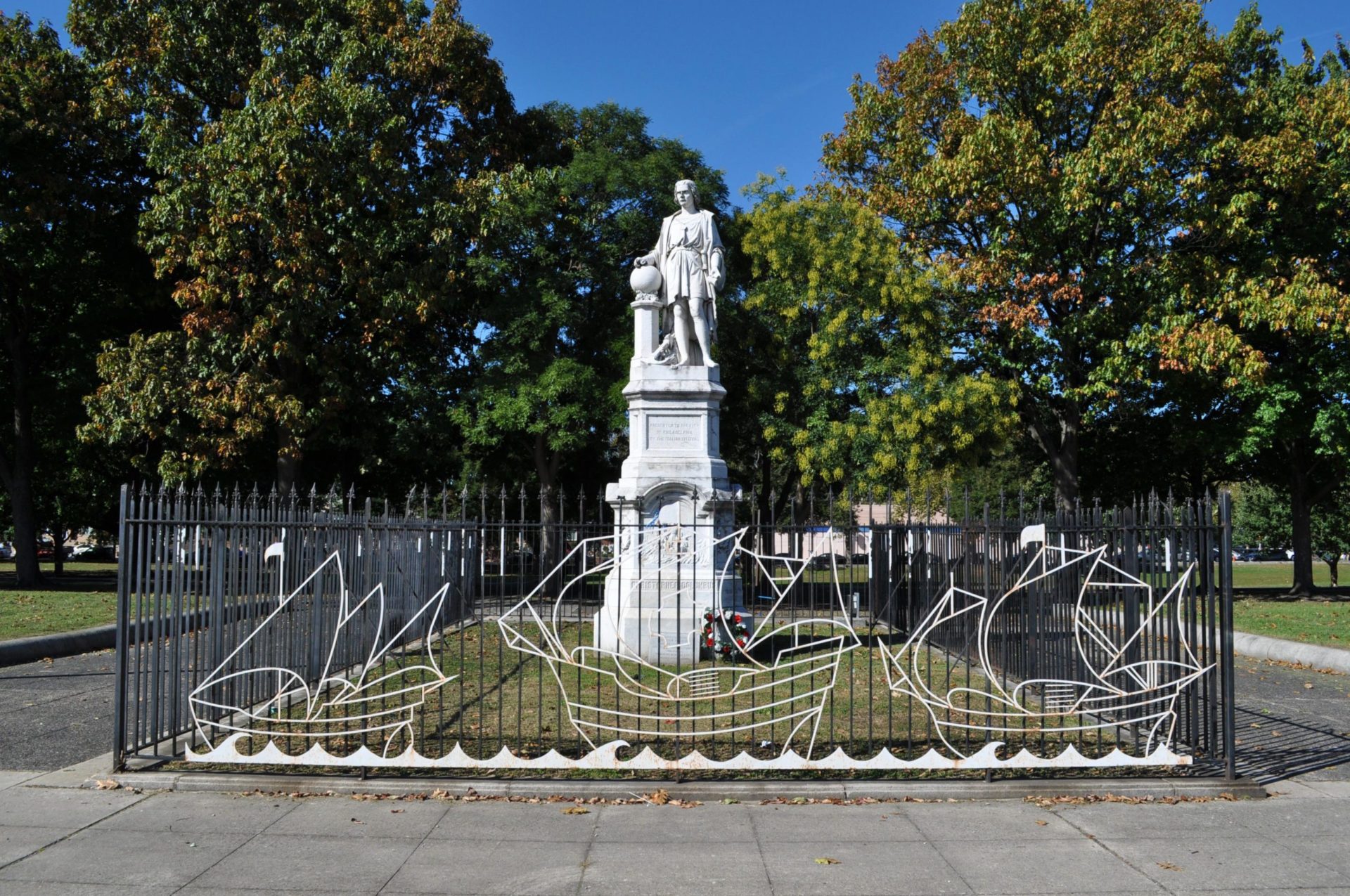Though Columbus discovered the Americas in 1492, the earliest documentation of any unofficial celebration of Columbus Day wasn’t until 1792. By the 400th anniversary, following a lynching in New Orleans where a mob had murdered 11 Italian immigrants, President Benjamin Harrison declared Columbus Day as a one-time national celebration. This was part of a larger effort after the lynching incident to placate Italian Americans and ease diplomatic tensions with Italy. During this celebration, politicians, poets, teachers, and preachers began to spin the web of patriotism under the veil of Columbus. These rituals took themes such as citizenship boundaries and the importance of loyalty to the nation. Many Italian-Americans took this as an opportunity to celebrate their heritage. It wasn’t until 1966, when Mariano A. Lucca, from Buffalo, NY, founded the National Columbus Day Committee, which lobbied to make Columbus Day a federal holiday. These efforts were successful and Columbus Day became a federal holiday in 1968.

Over the years, the celebration of Christopher Columbus Day has become more and more controversial due to the atrocities he committed against Native Americans. To many, Christopher Columbus is not a celebrated hero, but a violent tyrant who wasn’t very good at navigating, considering he thought he’d landed in India when reaching the Americas. He also was responsible for the enslavement, mutilation, and mass genocide of thousands of Native Americans and indigenous people.
Because of this fact, the celebration of Columbus Day has become less and less of a day of pride and more of a painful reminder to a dark past in American history. Since the early 70s, many states have petitioned to have the name changed to National Indigenous People’s Day to honor Native Americans and commemorate their stories and culture. Recently, it has taken effect as an official state holiday in various places.
According to nationaltoday.com. Source of photo: internet








